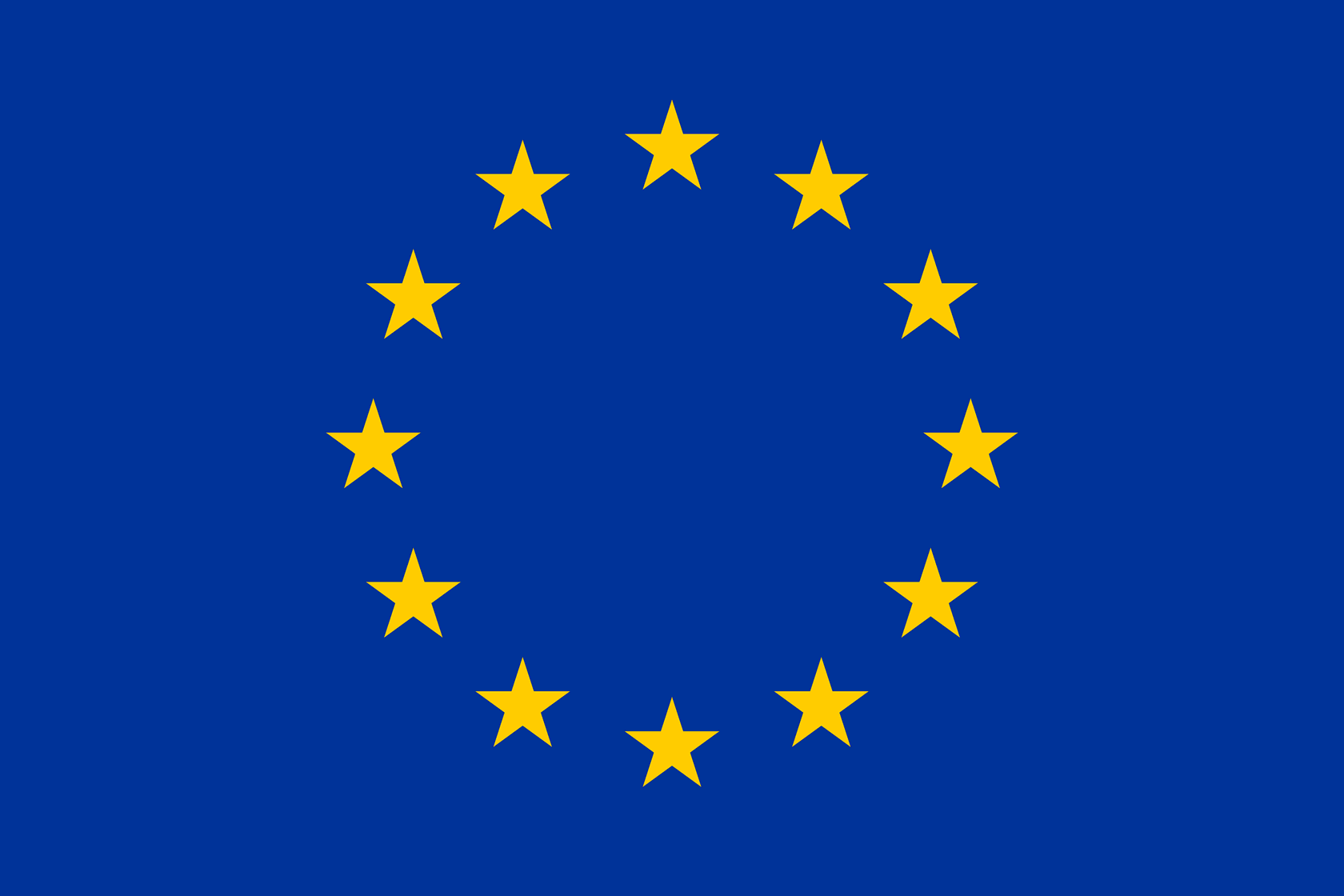The Laboratory of Economic Policy and Strategic Planning of the Department of Economics of the University of Thessaly, in collaboration with local stakeholders of the city of Katerini, organized a Workshop & Round Table on the topic:
The labor market as an ‘arrival infrastructure’ for newcomers. The role of local communities.
The action carried out under the research project “ReROOT: Arrival Infrastructures as Sites of Integration for Recent Newcomers” (https://rerootproject.eu/), which is funded by Horizon 2020 Research and Innovation Program of the European Union.
The event took place at the premises of the NGO “Perichoresis” (31 Nikomidias street, Social Grocery Building of the Evangelical Church, in Katerini) on Tuesday, June 20th, 2023 (World Refugee Day) from 17:00 to 21:30.
The event started with a presentation of the ReROOT project, where its objectives and structure were outlined, and then the participants were informed about the scope, purpose, organization and conduct of the specific meeting. This was followed by the workshop which took the form of multiple discussions on issues related to:
- The labour market, focusing on the local needs and employment opportunities for recent migrants and refugees.
- The possibilities for networking and integration of these people with reference multiple contexts (such as the labour market, social life, education) and groups (particularly, “natives” and former migrants).
The event was concluded with a round table discussion where the main points arising from the discussions were presented and discussed on the whole.
The event was co-organised with two key stakeholders actively engaged in the issue of migration in Katerini, the Perichoresis NGO and the grassroots Voluntary Action Group “My place” – “Kapnikos Stathmos”. Apart from them the meeting was participated by other key actors involved in migrants’ integration, including: members of the Migrant and Refugee Integration Council (ΣΕΜΠ) of the Municipality of Katerini, a representative from the Labour Centre of Katerini and residents from the immigrant communities.
It is important to note that representatives of the Development Agency of the Municipality of Karditsa (ANKA), which has a central role in the integration of immigrants and refugees in the city of Karditsa, also participated, transferring the experiences, knowledge and good practices that have been developed in Karditsa regarding “newcomers”.
Preliminary Results & Conclusions
The first thematic module of the workshop focused on the labour market in the region of Katerini. The main research question concerned the needs of the local labour market and the level of its interconnection with the newcomers and immigrants in general. The issues discussed concerned the gaps in the labour supply, their size and in which sectors/industries they are located, the form of employment (part-time, seasonal, etc.) and the specific employee characteristics required to fill these gaps (e.g. age, specialization, competences, skills) and whether they can be filled by new migrants and refugees. In addition, the participants discussed about the business activities in the city and shared their views on the existence of market opportunities – gaps in the market for newcomers to start a business venture. On this particular issue, the experience of Karditsa was particularly useful, where the representatives of ANKA presented how ANKA supports immigrants/refugees with counselling and other services in their efforts to set up a business.
The second module of the workshop dealt with the issue of networking and integration of newcomers, exploring the kind of interface that exists between newcomers and the local society and who is considered to be “integratable“. The discussion focused on issues related to formal aspects of integration, such as the oportunities and weaknesses of the institutional and legal framework, but also about the existing, old established or newly emerged stereotypes regarding newcomers. Furthermore, the discussion explored issues related to the general socio- economic profile of the natives, the personal experiences of participants in their contact with newcomers, and the existence (or lack) of organized procedures – “infrastructures” for the integration of newcomers in Katerini.
The meeting concluded with a discussion on the potential of the labour market to provide an interface, a channel το bring the local society and the newcomers closer together, facilitating the development of a more holistic, cooperative and integrative perspective.
Closing it should be noted that the specific action was a step in this direction, initiating the development of a platform where immigration stakeholders can connect, share experiences and knowledge, collaborate and support one another. Indeed, the action succeeded to get in touch different actors and interested parties in the city of Katerini, who although deeply involved in migration and refugee issues are hardly aware of each other’s work, giving them the opportunity to exchange views and experiences and explore avenues of cooperation. Furthermore, the action facilitated to bring in contact the cities of Karditsa and Katerini, highlighting the fact that they face the same challenges but approach them from different perspectives, and that sharing experiences would be beneficial for both of them.
In the light of the success of the meeting, all attendees committed to meet again in early autumn, in order to continue the discussion scaling it up with the participation of more stakeholders and actors from the local society.
On behalf of the research team Professor Paschalis Arvanitidis
Director of the Economic Policy and Strategic Planning Laboratory
Department of Economics, University of Thessaly



